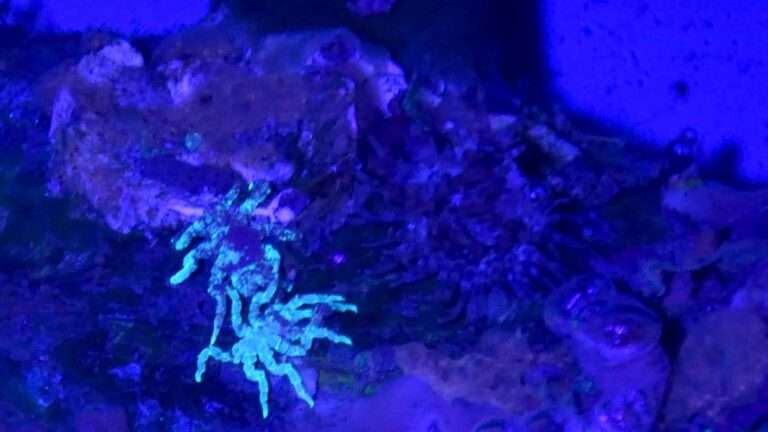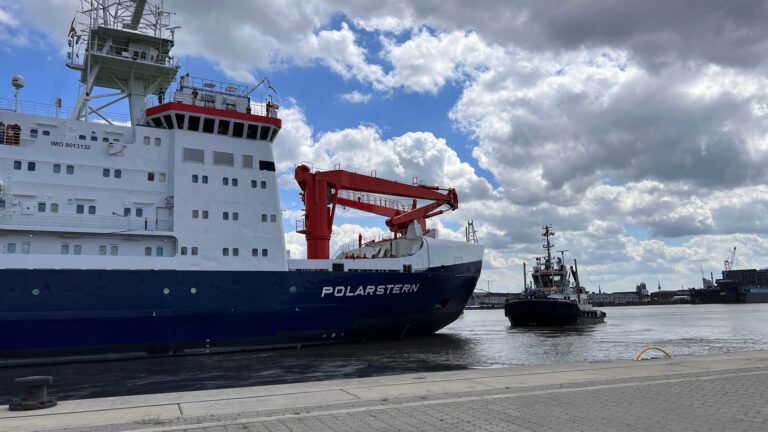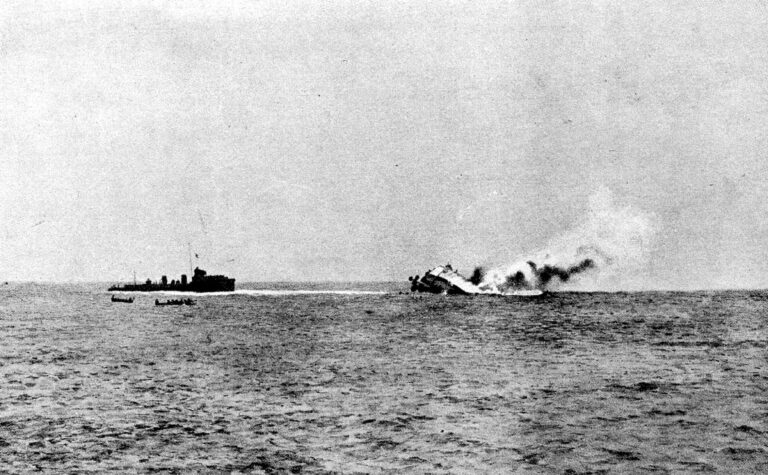
Image shows two sea spider (Pycnogonum litorale) individuals next to their prey - a sea anemone, undated photo. When researchers from the University of Vienna, Austria, illuminated them with a UV light source, the spiders fluoresce bright blue. (Georg Brenneis/Newsflash)
Amputated Sea Spiders Can Regrow Their Rear Ends, Says Study
Amputated sea spiders can regrow large parts of their bodies including their rear ends and reproductive organs, a new study has shown. Biologists discovered that the species of sea spiders…



